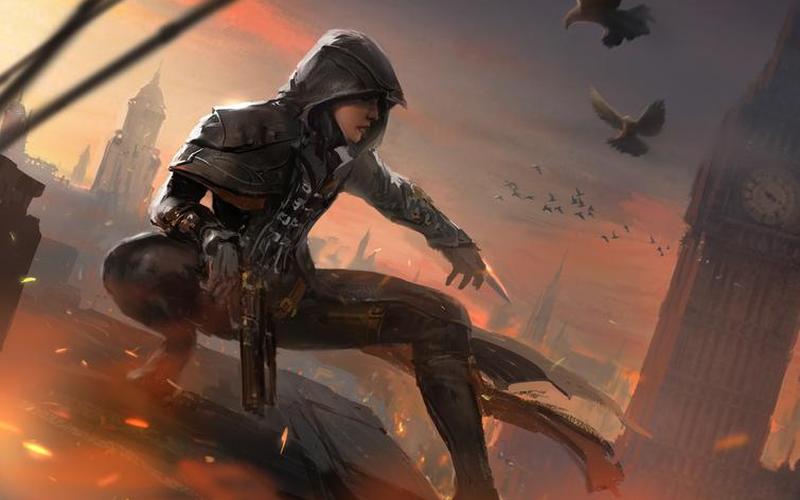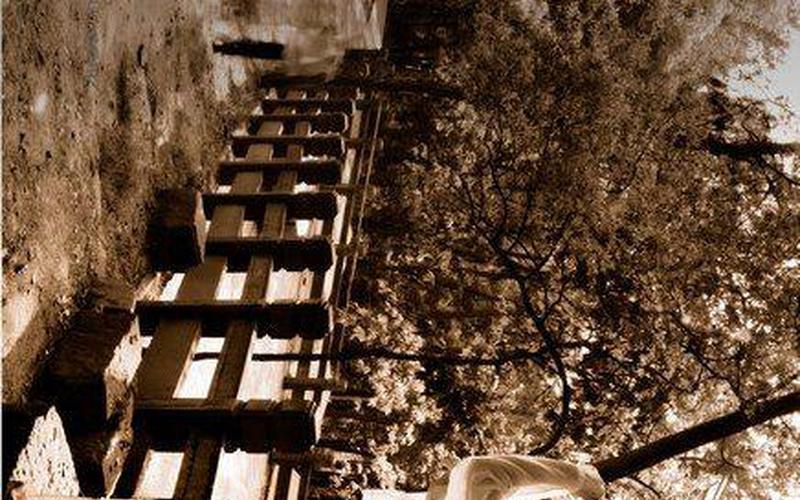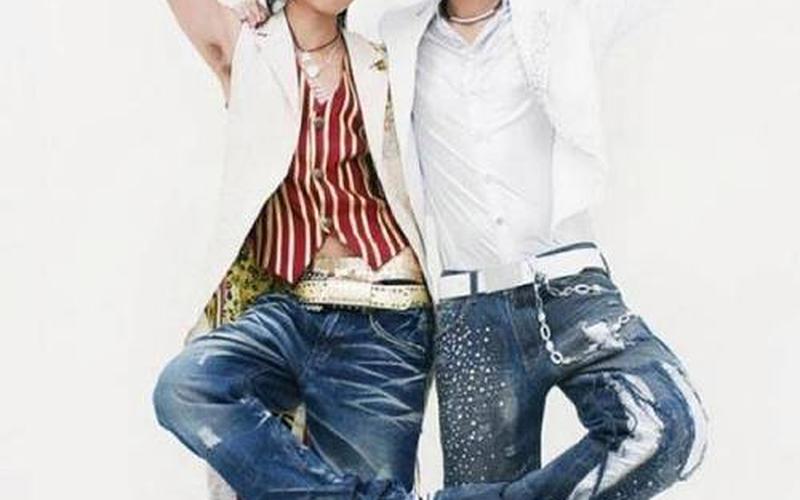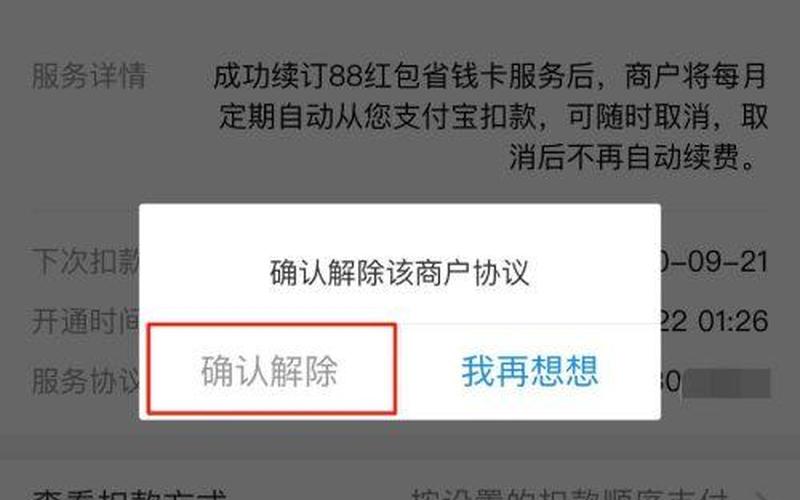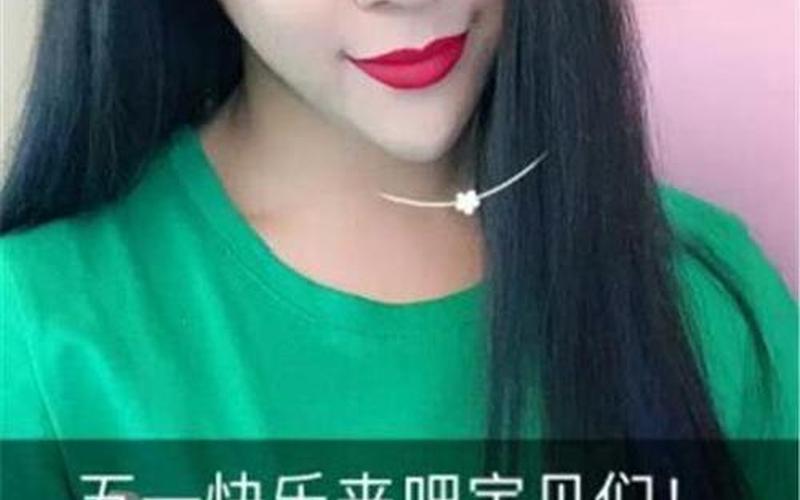The culmination of love is blindness
爱到极致是盲目Cassandra Wilson love is blindness 中文歌词 翻译
谁知道Cassandra Wilson 的 love is blindness 中文歌词 啊麻烦帮忙翻译下/
感激不尽!
歌词捏?
谁有啊~
急!
爱是盲目的
下面分享相关内容的知识扩展:
《Blindness》epub下载在线阅读,求百度网盘云资源
《Blindness》(José Saramago)电子书网盘下载免费在线阅读
链接:https://pan.baidu.com/s/1LU_NaIOJd1Mh5BQNDicYyA
书名:Blindness
作者:José Saramago
译者:Giovanni Pontiero
豆瓣评分:9.1
出版社:Havill Pr
出版年份:1997-09-02
页数:320
内容简介:
Winner of the 1998 Nobel Prize for Literature. A city is hit by an epidemic of 'white blindness.' The blindness spreads, sparing no one. Authorities confine the blind to a vacant mental hospital secured by armed guards. Inside, the criminal element among the blind hold the rest captive: food rations are stolen, women are raped. There is one eyewitness to this nightmare who guides seven strangers through the barren streets. The developments within this oddly anonymous group -- the first blind man, the old man with the black eye patch, the girl with dark glasses, the boy with no mother, and the dog of tears -- are as uncanny as the surrounding chaos is harrowing. PA parable of loss and disorientation, of man's worst appetites and hopeless weaknesses, Blindness is one of the most challenging, thought-provoking, and ultimately exhilarating novels published in any language in recent years.
作者简介:
José de Sousa Saramago (pronounced [ʒuˈzɛ sɐɾɐˈmagu]) was a Nobel-laureate Portuguese novelist, playwright, and journalist. He was a member of the Portuguese Communist Party.
His works, some of which can be seen as allegories, commonly present subversive perspectives on historic events, emphasizing the human factor rather than the officially sanctioned story. Saramago was awarded the Nobel Prize for literature in 1998. He founded the National Front for the Defense of Culture (Li *** on, 1992) with among others Freitas-Magalhaes. He lived on Lanzarote in the Canary Islands, Spain, where he died in June 2010.
A foundation with his name was established in 2007; its main aims are cultural promotion, particularly of Portuguese literature and authors. The José Saramago Foundation is currently based in Casa dos Bicos, a Portuguese landmark building in Li *** on. Saramago's house in Lanzarote is also open to the public.
José Saramago, together with his wife Pilar, were the subject of the award-winning documentary José e Pilar, providing us with a glimpse into their love story and life, as he was writing his A Viagem do Elefante.
谁知道《土生子》(《nativeson》)的英文大概意思啊?
谁知道《土生子》(《nativeson》作者:查理.莱特)的英文大概意思啊?小弟有急用啊 要两三百单词 谢了Book One: Fear
Bigger Thomas wakes up in a dark, *** all room at the sound of the alarm clock. He lives in one room with his brother, Buddy, his sister, Vera, and their mother. Suddenly, a rat appears. The room turns into a maelstrom and, after a violent chase, Bigger kills the animal with an iron skillet and terrorizes Vera with the dark body. After Bigger rubs one out, Vera faints and the mother scolds Bigger, who hates his family because they suffer and he cannot do anything about it.
That evening, Bigger has to see Mr. Dalton for a new job. Bigger's family depends on him. He would like to leave his responsibilities forever but when he thinks of what to do, he only sees a blank wall. He walks to the poolroom and meets his friend Gus. Bigger tells him that every time he thinks about whites, he feels something terrible will happen to him. They meet other friends, G. H. and Jack, and plan a robbery. They are afraid of attacking a white man but none of them wants to say so. Before the robbery, Bigger and Jack go to the movies. They are attracted to the world of wealthy whites in the newsreel and feel strangely moved by the tom-toms and the primitive black people in the film. But they feel they do not belong to either of those worlds. After the cinema, Bigger attacks Gus violently. The fight ends any chance of the robbery occurring. Bigger is obscurely conscious that he has done this on purpose.
When he finally goes to see Mr. Dalton at his home, Bigger is very afraid, and therefore, also very angry. He does not how to behave in the big house. Mr. Dalton and his blind wife use strange words. They try to be kind to Bigger but they make him very uncomfortable because Bigger does not know what they expect of him. Then their daughter, Mary, enters the room, asks Bigger why he does not belong to a union and calls her father a "capitalist." Bigger does not know that word and is even more confused and afraid to lose the job. After the conversation, Peggy, the irish cook, takes Bigger to his room and tells him that the Daltons are a nice family but that he must avoid Mary's communist friends. Bigger has never had a room for himself before.
That night, he drives Mary around and meets her boyfriend, Jan. Jan and Mary infuriate Bigger because they talk to him, oblige him to take them to the diner where his friends are, invite him to sit at their table, and tell him to call them by their first names. At the diner they buy a bottle of rum. Bigger drives throughout the park, and Jan and Mary drink the rum, and fool around in the back seat. Then Jan and Mary part, but Mary is so drunk that Bigger has to carry her to her bedroom when they arrive home. He is terrified someone will see him with her in his arms, but he cannot resist the temptation of the forbidden and he kisses her.
Just then, the bedroom door opens. It is Mrs. Dalton. Bigger knows she is blind but is terrified she will sense him there. He tries to make Mary still by putting the pillow over her head. Mrs. Dalton approaches the bed, *** ells whiskey in the air, scolds her daughter, and leaves. Just then, Bigger notices that Mary is not breathing anymore. She has suffocated. Bigger starts thinking frantically. He decides he will tell everyone that Jan, the communist, took Mary into the house. Then he thinks it will be better if Mary disappears and everyone thinks she has gone for a visit. In desperation, he decides to burn her body in the house's furnace. He has to cut her head off in order to fit her into the furnace, but finally manages to put the body inside. He adds extra coal to the furnace, leaves it there to burn, and goes home.
Book Two: Flight
When Bigger talks with his family and meets his friends, he feels different now. The crime gives meaning to his life. When he goes back to the big house, Mr. Dalton notices her daughter's disappearance and asks Bigger about the night before. Bigger tries to blame Jan. Mr. Dalton sends Bigger home for the day, and Bigger decides to visit his girlfriend, Bessie. Bessie mentions a famous case in which the kidnappers of a child first killed him and then asked for ransom money. Bigger decides to do the same. He tells Bessie that he knows Mary has disappeared and will use that knowledge to get money from the Daltons, but in the conversation he realizes Bessie suspects him of having done something to Mary. Bigger goes back to work. Mr. Dalton has called a private detective, Mr. Britten, and this time, sensing Britten's raci *** , Bigger accuses Jan on the grounds of his race (he is Jewish), his political beliefs (communist), and his friendly attitude towards black people. When Britten finds Jan, he puts the boy and Bigger in the same room and confronts them with their conflicting stories. Jan is surprised by Bigger's story but offers him help.
Bigger storms away from the Dalton's. He decides to write the false kidnap note when he discovers that the owner of the rat-infested flat his family rents is Mr. Dalton. Bigger slips the note under the Dalton's front door, then returns to his room. When the Daltons receive the note, they contact the police, who take over the investigation from Britten, and journalists soon arrive at the house. Bigger is afraid, but he does not want to leave. In the afternoon, he is ordered to take the ashes out of the stove and make a new fire. He is so terrified that he starts poking the ashes with the shovel until the whole room is full of *** oke. Furious, one of the journalists takes the shovel and pushes Bigger aside. He immediately finds the remains of Mary's bones and an earring in the stove. Bigger flees.
Bigger goes directly to Bessie and tells her the whole story. Bessie realizes that white people will think he raped the girl before killing her. They leave together, but Bigger has to drag Bessie around because she is paralyzed by fear. When they lie down together in an abandoned building, Bigger rapes her, and he realizes he will have to kill her. He hits Bessie with a brick several times, and then throws her through a window, into and air shaft, but he forgets that the only money he had was in her pocket, a symbol of her value to him.
Bigger runs through the city. He sees newspaper headlines concerning the crime and overhears different conversations about it. Whites call him "ape." Blacks hate him because he has given the whites an excuse for raci *** . But now he is someone; he feels he has an identity. He will not say the crime was an accident. After a wild chase over the rooftops of the city, the police catch him.
Book Three: Fate
During his first few days in prison, Bigger does not eat, drink, or talk to anyone. Then Jan comes to see him. He says Bigger has taught him a lot about black-white relationships and offers him the help of a communist lawyer, Max. In the long hours Max and Bigger pass together, Max learns about the sufferings and feelings of black people and Bigger learns about himself. He starts understanding his relationships with his family and with the world. He acknowledges his fury, his need for a future, and his wish for a meaningful life. He reconsiders his attitudes about white people, whether they are prejudiced, like Britten, or liberal, like Jan.
At Bigger's trial, Max tells the judge that Bigger killed because he was cornered by society from the moment he was born. He tells them that a way to cut the evil sequence of abuse and murder is to sentence Bigger to life in prison and not to death. But the judge apparently does not sympathize and sentences Bigger to the electric chair. In the last scene, while he waits for death, Bigger tells Max, "I didn't know I was really alive in this world until I felt things hard enough to kill for 'em." Bigger then tells him to say "hello" to Jan. For the first time, he calls him "Jan," not "Mister," just as Jan had wanted. This signifies that he finally sees whites as individuals, rather than a looming force. Max then leaves, and Bigger is alone.
Characters
Mary Dalton: An only child, Mary is a very rich white girl who has far leftist leanings. She is a communist sympathizer recently filmed frolicking with Jan, a known communist party organizer. Consequently, she is trying to abide, for a time, by her parents' wishes and go to Detroit. She is to leave the morning after Bigger is hired as the family chauffeur. Under the ruse of a University meeting, she has Bigger take her to meet Jan. When they return to the house, she is too drunk to make it to her room unassisted and Bigger thus helps her. Mrs. Dalton comes upon them in the room and Bigger *** others her for fear that Mrs. Dalton will discover him. Mary, as a symbol of white America, is destroyed by Bigger, who symbolizes what America hates and fears.
Henry Dalton: Father of Mary, he owns a controlling amount of stock in a real estate firm which maintains the black ghetto. Blacks in the ghetto pay too much for rat-infested flats. As Max points out at the inquest, Mr. Dalton refuses to rent flats to black people outside of the designated ghetto area. He does this while donating money to the NAACP, buying ping-pong tables for the local black youth outreach program, and giving people like Bigger a chance at employment. Mr. Dalton's philanthropy, however, only shows off his wealth while backing up the business practices which contain an already oppressed people. That is, rather than alter the real estate business which he controls, he gives the unemployed youths ping-pong tables to play with. Mr. Dalton is blind to the real plight of blacks in the ghetto, a plight that he maintains.
Mrs. Dalton: Mary Dalton's mother. Her blindness serves to accentuate the motif of racial blindness throughout the story. Both Bigger and Max comment on how people are blind to the reality of race in America. Mrs. Dalton betrays her metaphorical blindness when she meets Mrs. Thomas. Mrs. Dalton hides behind her philanthropy and claims there is nothing she can do for Bigger. She cannot prevent his death nor can she admit to her family's direct involvement in the creation of the ghetto that created him.
Jan Erlone: Jan is a member of the Communist Party as well as the boyfriend of the very rich Mary Dalton. Bigger attempts to frame him for the murder of Mary. Jan, because he has been well versed in material dialectici *** (Marxi *** ), takes the event of the murder as an opportunity to face raci *** . Jan had already been seeking for a way to understand the 'negro' so as to organize them along communist lines against the monied people like Mr. Dalton. He is not able to fully do so, but he is able to put aside his personal trauma and persuade Max to help Bigger. He represents the idealistic young Marxist who hopes to save the world through revolution. However, before he can do that, he must understand the 'negro' much more than he thinks he does.
Gus: Gus is another member of Bigger's gang, but he has an uneasy relationship with Bigger. Both are aware of the other's nervous anxiety concerning whites. Consequently, Bigger would rather fight Gus than shoot a white man.
Jack Harding: Jack is a member of Bigger's group of pals and the one Bigger comes closest to viewing as a true friend.
Mr. Boris Max: A lawyer from the Communist Party who represents Bigger against the State's prosecuting attorney. As a Jewish American, he is in a better position to understand Bigger. It is through his speech during the trial that Wright reveals the greater moral and political implications of Bigger Thomas's life. Even though Mr. Max is the only one who understands Bigger, Bigger still horrifies him by displaying just how damaged white society has made him. When Mr. Max finally leaves Bigger he is aghast at the extent of the brutality of raci *** in America.
Bessie Mears: Bigger's girlfriend who is murdered by him because he fears she might speak against him. She is representative of all the women in the ghetto, like Bigger's mother and sister. All these women have the same tired look about their eyes and the same dreary occupations of washing clothes or working in kitchens. Bessie is so tired and depressed by the drudgery of her life that she only wants to drink when not working. Bigger provides drink and she has sex with him, yet there seems to be no love between them. Still, as oppressed as she is, she cannot acquiesce to the murder of Mary. Fearing her inability to sanction the crime, Bigger brings her out with him to hide. He rapes her, bashes her head, and tosses her body into an airshaft.
Peggy: Peggy is the Irish-American housekeeper for the Daltons and, like Max, can empathize with Bigger's status as an "outsider." However, she is more typical of poor whites who are sure to invest in raci *** if only to keep someone below themselves. Like everyone in the Dalton family, Peggy hides her dislike for blacks and treats Bigger nicely.
Bigger Thomas: The protagonist of the novel, Bigger commits two ghastly murders and is put on trial for his life. He is convicted and sentenced to the electric chair. His acts give the novel action but the real plot involves Bigger's reactions to his environment and his crime. Through it all, Bigger struggles to discuss his feelings, but he can neither find the words to fully express himself nor does he have the time to say them. However, as they have been related through the narration, Bigger—typical of the "outsider" archetype—has finally discovered the only important and real thing: his life. Though too late, his realization that he is alive—and able to choose to befriend Mr. Max—creates some hope that men like him might be reached earlier.
Debatable as the final scene is, in which for the first time Bigger calls a white man by his first name, Bigger is never anything but a failed human. He represents the black man conscious of a system of racial oppression that leaves him no opportunity to exist but through crime. As he says to Gus, "They don't let us do nothing... [and] I can't get used to it." He even admits to wanting to be an aviator and later, to Max, he admits to wanting to be a great number of things. He can do nothing but be one of many blacks in the ghetto and maybe get a job serving whites; crime seems preferable. Not surprisingly, then, he already has a criminal history, and he has even been to reform school. Ultimately, the greatest thing he can do is transgress the boundary the white world has set for him. He can violate what those who oppress him hold sacred and thereby meet the challenge they set in establishing their boundaries.
Buddy Thomas: Buddy, Bigger's younger brother, idolizes Bigger as a male role model. He defends him to the rest of the family and consistently asks if he can help Bigger.
Mrs. Thomas: Bigger's mother. She struggles to keep her family alive on the meager wages earned by taking in other people's laundry. She is a religious woman who believes she will be rewarded in an "afterlife," but as a black woman accepts that nothing can be done to improve her people's situation. Additionally, she knows that Bigger will end up hanging from the "gallows" for his crime, but this is just another fact of life.
Vera Thomas: She is Bigger's sister and in her Bigger sees his mother. Bigger knows that she will inevitably have the same tired look in her eyes and bear the continual strain of a family. The other option for Vera is to become like Bessie—a drunkard.
求一篇英语作文,题目Love is blind 100字左右,急用,在线等,悬赏高分,跪求给位大神
求一篇英语作文,题目Love is blind 100字左右,急用,在线等,悬赏高分,跪求给位大神了Love is blind
Hidden in everyone's heart a secret, don't let people discover that you have, I have, he has.
When the sun slowly rises, and the other is changing the self, shuttle in the crowd, life sometimes can let a person become a bit.
So, love will be blind?
Ignorant girl from that day on, with whom he had quarreled seems doomed to fall in love with him,
But he did not know, in fact, headstrong quarrel, just want to get his attention.
On April 1, April fool's day that day, she dressed up for a moment, standing in the middle of the mirror and *** iled. At that time the girl, is so beautiful and moving, full of looking forward to, when the time comes to give him a surprise.
Her early and stand in the agreed upon the old place waiting for him, for a long time for a long time, such as sun sun, from the east, up to the middle, after a while, pocket phone rings, she thought it was he, quickly opened the mobile phone, turned out to be a good friend.
Even want to let her friends she gave up her, but she still silly waiting for...
Finally, the boy appeared, he embarrassed to touch his head, said silly, some friends playing basketball, forget!
Girl quickly replied, that's ok, I've almost to, few words, you listen up, girls take a deep breath of relief, I like you! I love you!
Boys froze, air stopped at this moment, the boy caught a few words, girl's heart is broken, *** iled, I was just joking with you. Happy April fool's day! Go and play!
It turns out that he has a girlfriend.
Boys are really thought she was joking, turn away.
He didn't know it, the girl turned around and that moment, his eyes misted over, and he doesn't know, she has been waiting here for a long time, he did not know, that sentence is not a joke. He don't know why, every time meet, she would quarrel with him?
These are all love him, although don't like her boyfriend on the society pay between warm, just simple.
Then she, as long as it is similar to that boy, every move, one eyebrow a *** ile, even the same hairstyle she will instantly fall in love with, but that is not love, but a kind of infatuation.
Hurt, pain,
Decided not to love.
Love, sometimes I wonder what?
翻译:
爱情是盲目的
每个人心中都隐藏一个秘密,不让人去发现,你有、我有、他有。
当日出缓慢的升起时,另个自我正在改变着,穿梭在人群之中,生活有时,会让人变得有些了。
爱也会盲目吗?
懵懂的女孩从和他吵架的那天起,就仿佛注定爱上了他,
但是他并不知道,其实任性的吵架,只是想为引起他的注意。
4月1日愚人节那天,她打扮了一下,站在镜子中间,微微一笑。这时候的女孩,是那么的美丽动人,满怀期待着,到时候给他一个惊喜。
她早早的,站在约定好的老地方等着他,等了好久好久,烈日的太阳,已从东边,升到了中间,过了一会,口袋里的 *** 响起,她以为是他,迅速的打开了手机,原来是好友打来的。
连她的好友都要让她放弃了,然而她还是傻傻的在那里等着……
终于,男生出现了,他不好意思的摸着头,傻傻说,约好友打篮球,忘记了!
女生很快的回答道,没事,我也差不多才到,话不多,你听好了,女生深呼吸了一口气,我喜欢你!我爱你!
男生呆住了,空气在这一刻停止了,男生回过神来说了几句话,女生心碎了,笑了笑,我只是和你开玩笑的。愚人节快乐!去玩吧!
原来,他已经有一个女朋友了。
男生还真以为她是开玩笑的,各自转身走了。
他并不知道,女生转身的那一刻,泪水已经模糊了双眼,他不知道,她已经在这里等了很久,他不知道,那句话不是开玩笑。他不知道,为什么每次见面,她都要与他吵架?
这些都是爱他的表现,虽然不像社会上男友之间的付出热烈,只是简简单单。
随后她,只要是和那个男生差不多,一举一动,一眉一笑,哪怕是一样的发型她都会瞬间的爱上,但是,那已不是爱,而是一种迷恋。
伤了、痛了,
决定不再爱了。
爱情,我有时候在想到底是什么?


